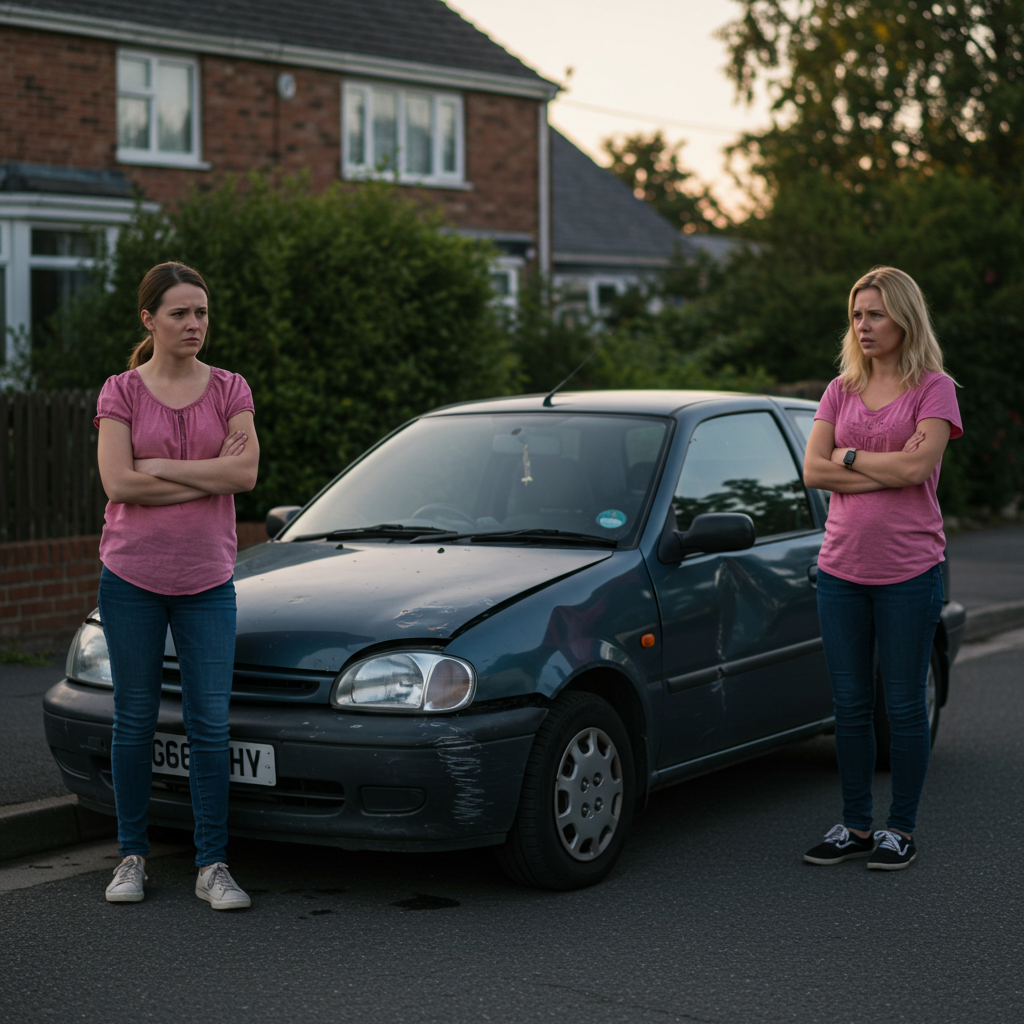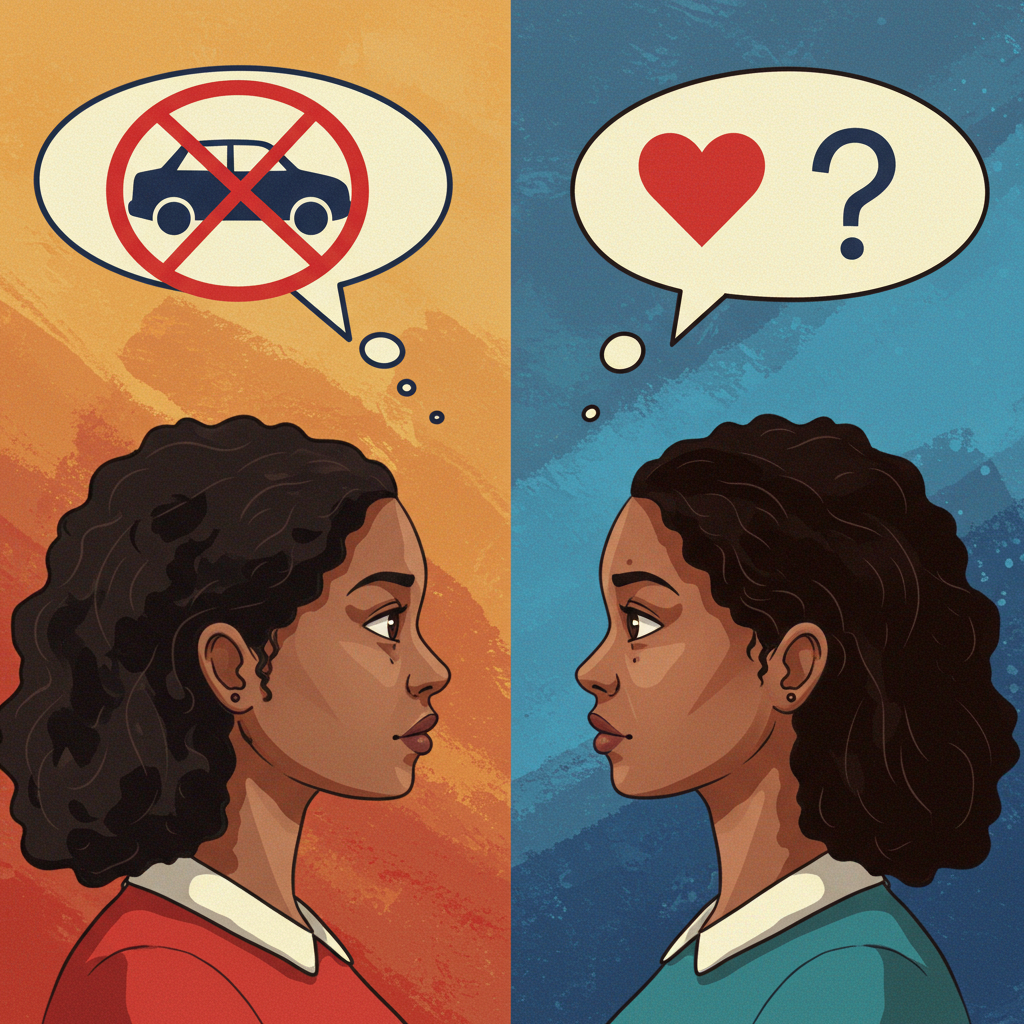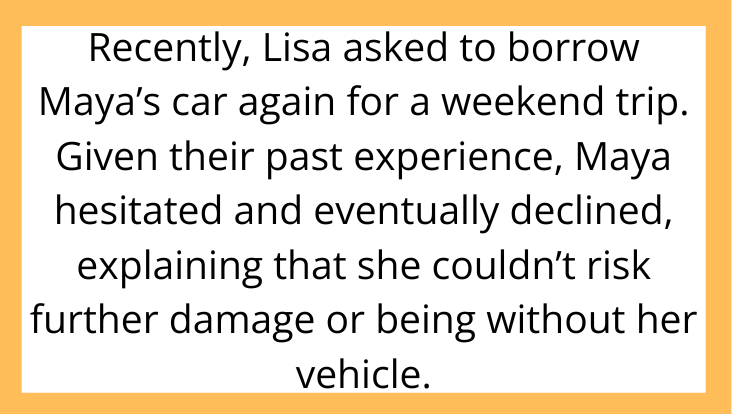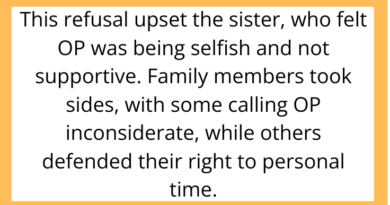AITAH for Refusing to Let My Friend Borrow My Car After She Recklessly Damaged It Last Time?
Friendships are built on trust and support, but what happens when that trust is tested by repeated reckless behavior? In this AITAH scenario, a young woman is facing backlash from her close friend after saying no to lending her car—a decision that sparked heated debate both offline and online.
Let’s explore the details and unpack whether she’s really in the wrong.
The Background: A History of Damage

The original poster, whom we’ll call Maya, owns a reliable but modest car she depends on for work and daily errands. A few months ago, Maya lent her car to her longtime friend, Lisa. Unfortunately, Lisa returned it with significant damage after an accident she admitted was caused by her careless driving.
Maya was understandably upset but decided to let it go after Lisa apologized and promised to cover the repairs.
The New Request: A Firm “No”

Recently, Lisa asked to borrow Maya’s car again for a weekend trip. Given their past experience, Maya hesitated and eventually declined, explaining that she couldn’t risk further damage or being without her vehicle.
Lisa reacted with frustration, accusing Maya of being unforgiving and not valuing their friendship.
The Debate: Where Does Loyalty End?

Maya turned to the r/AITAH subreddit to ask: Was she wrong to refuse?
Arguments Supporting Maya
-
Protecting Personal Property: Maya depends on her car and cannot afford repeated damages or being stranded.
-
Past Recklessness: Lisa’s previous careless behavior proved she was unreliable with the vehicle.
-
Setting Boundaries: Saying no in this situation protects Maya’s interests without ending the friendship.
Arguments Sympathizing with Lisa
-
Friendship Support: Some felt Lisa deserved a second chance because she apologized and paid for repairs.
-
Trust Issues: Refusing might signal a lack of trust or forgiveness, which could hurt the friendship.
What Reddit Said: Majority Backed Maya

The community largely agreed Maya was justified. Many emphasized that trust is earned and once broken, it’s okay to protect yourself from further harm.
One popular comment summarized it well:
“A friend who truly cares won’t pressure you to risk your property again after a serious mistake.”
Lessons on Friendship and Boundaries

This case illustrates a crucial relationship lesson: boundaries are not about punishment—they’re about self-respect and maintaining healthy connections.
It’s possible to care for someone deeply while still saying no when their actions put you at risk.
Moving Forward: How Maya and Lisa Could Repair Trust

-
Open Communication: Maya can express her concerns clearly without alienating Lisa.
-
Alternative Support: Offer help in ways that don’t involve lending the car, like ridesharing together or assisting with other transportation.
-
Rebuilding Trust Gradually: If Lisa demonstrates responsibility over time, Maya might reconsider future requests.
Final Thoughts: Saying No Is Sometimes Necessary

Friendships thrive on mutual respect and understanding. Refusing to lend your car after a previous reckless incident isn’t selfish—it’s a healthy boundary.
If you’ve ever had to say no to a friend for their own good or yours, you’re not alone.



